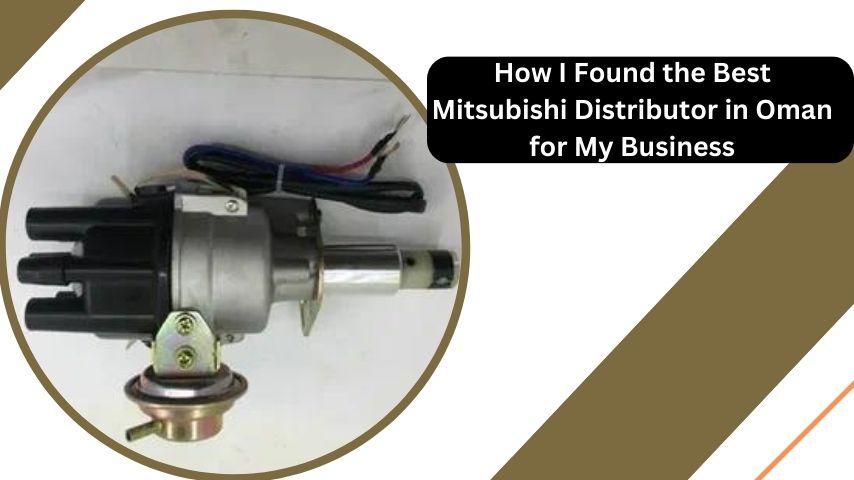Takaful, rooted in Islamic finance principles, serves as an alternative to conventional insurance, promoting mutual assistance and cooperative support among participants. It is essential to appreciate how takaful operates within the principles of fairness and risk sharing. This cooperative insurance model not only aligns with Islamic teachings but also provides a framework through which individuals can manage risks collectively.
What is Takaful?
The Essence of Takaful
Takaful is derived from the Arabic word ‘kafalah’, meaning to guarantee or to protect. It represents a system where participants contribute a certain amount of money into a pool, which is used to compensate those in need within the group. This not only fosters a sense of community but adheres to Islamic principles that prohibit gambling and excessive uncertainty in financial dealings, known as gharar.
Fundamental Principles
The foundational principles of takaful include mutual assistance, shared responsibility, and collective risk. Unlike conventional insurance, which often focuses on profit-making, takaful emphasizes ethical standards and aims to benefit all participants. Contributions made by individuals work towards creating a safety net, ensuring that those who suffer losses receive support.
The Mechanisms of Takaful
Types of Takaful Models
Takaful operates through different models, primarily the wakalah (agency) model and the mudharabah (profit-sharing) model. In the wakalah model, a takaful operator manages the contributions made by participants for an agreed fee, while the risk is shared among the members. Conversely, in the mudharabah model, the operator and participants share profits based on a pre-agreed ratio, promoting a sense of partnership and transparency in operations.
How Takaful Works
In a typical takaful scheme, participants agree to contribute a defined sum regularly. This creates a fund that can be used to support any member who experiences a financial loss due to specific events outlined in the takaful contract. Importantly, the contributions are viewed as donations, emphasizing mutual cooperation. Participants have a stake in the fund’s performance, typically receiving any surplus at the end of the coverage period.
Takaful and Islamic Finance
Aligning with Shariah Principles
Takaful is inherently aligned with Islamic finance, as it embraces the tenets of risk-sharing and mutual support. The principles of Shariah compliance play a crucial role in its operations, ensuring that all financial activities are free from interest (riba) and other prohibited activities. This compliance makes takaful a viable option for Muslims seeking effective financial protection within the bounds of their faith.
The Role of Education in Islamic Finance
Education plays a significant role in understanding takaful and its benefits. Pursuing an Islamic Finance – Certificate in Islamic Commercial Law can provide insights regarding the essential frameworks underlying takaful, ensuring that participants are well-informed about their options and rights.
Takaful vs. Conventional Insurance
Key Differences
When comparing takaful with conventional insurance, several key differences emerge. Conventional insurance operates on a profit-oriented model, which often involves the collection of premiums in exchange for coverage. On the other hand, takaful focuses on mutual support and benefits, creating a cooperative environment. Furthermore, conventional insurance policies may contain elements of risk, whereas takaful mitigates risk through partnership and collective responsibility.
Benefits of Takaful
The advantages of engaging in takaful are numerous. Participants enjoy peace of mind knowing they are part of a cooperative system that values the well-being of its members. Additionally, the transparency in fund management and adherence to ethical guidelines fosters trust among participants. Lastly, awareness of surplus distributions ensures that everyone benefits from the takaful scheme’s success, unlike conventional insurance where profits extend primarily to the insurance providers.
The Growing Popularity of Takaful
Market Trends
In recent years, the popularity of takaful has surged, reflecting a growing awareness of Islamic financial products. The global takaful market is expanding, driven by increasing demand for ethical and Shariah-compliant financial solutions. As individuals seek alternatives to conventional insurance, takaful provides a compelling option that resonates with their values.
Sukuk Meaning and Its Relevance
Takaful is closely related to other Islamic financial instruments, such as sukuk, which are essentially Islamic bonds. Understanding sukuk meaning is crucial as these instruments fund various projects while adhering to Islamic principles.
The Future of Takaful
Challenges and Opportunities
While the prospects for takaful are bright, challenges remain. Awareness and education about takaful must be improved to facilitate understanding and acceptance. Additionally, regulatory improvements are needed to support its growth. By overcoming these obstacles, takaful can carve out a more substantial presence within the financial sector and continue to grow in alignment with the principles of Islamic finance.
Conclusion
In summary, takaful is an innovative and ethical financial model grounded in Islamic principles. Its cooperative framework fosters community support and mutual assistance, distinguishing it from conventional insurance. As the understanding of takaful grows, so too does its potential for becoming a fundamental aspect of financial planning for individuals seeking Shariah-compliant options. For those eager to delve deeper into the world of Islamic finance and understand sukuk meaning, pursuing an Islamic Finance – Certificate in Islamic Commercial Law can provide a solid foundation and valuable knowledge. Embracing the ethos behind takaful can lead to more secure and responsible financial futures, driven by principles of collaboration and ethical practice.
FAQs
What is Takaful?
Takaful is an Islamic insurance system based on the principles of mutual cooperation and shared responsibility among participants. Instead of traditional insurance premiums, contributions are made into a pooled fund to cover financial losses for members according to Shariah principles.
How does Takaful differ from conventional insurance?
The primary difference lies in their operational ethos. Takaful is rooted in mutual support and cooperation, whereas conventional insurance is profit-driven and often includes interest (riba). Takaful operates transparently, allowing participants to have a say in fund management and the distribution of any surplus.
Is Takaful compliant with Islamic law?
Yes, Takaful is designed to align with Shariah principles, ensuring all transactions are free from prohibited elements such as interest and excessive uncertainty. This compliance makes Takaful an attractive option for Muslims seeking ethical financial solutions.
Can non-Muslims participate in Takaful?
While Takaful is primarily designed for Muslims, non-Muslims can participate, depending on the Takaful operator’s policies. It is essential to review the specific terms and conditions set by the provider.
What are the benefits of participating in Takaful?
Participants benefit from a cooperative system that prioritizes member welfare, transparent fund management, and ethical practices. Additionally, surplus funds are distributed among participants, promoting a shared success model not commonly found in conventional insurance.
Read another article ”Skyrocket Your Online Visibility with Nexedge’s On-Page SEO Services”




